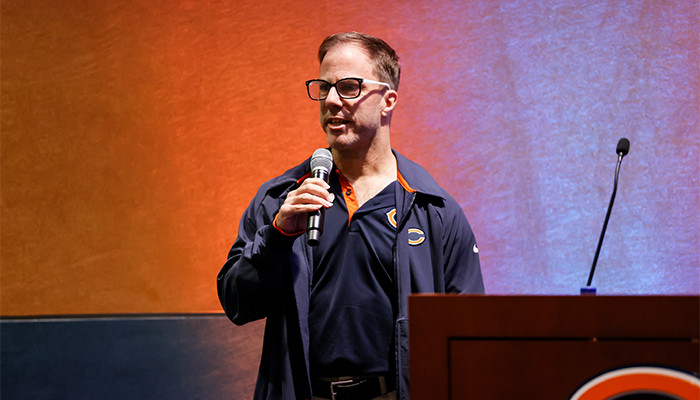Managed Service Provider Oversees Tech Hardware
Trident’s MSP configured each laptop, delivered one to each remote worker and helped migrate the staff to Microsoft 365, including Outlook email, which was important because most of Trident’s clients and many federal agencies standardize on Microsoft 365, he says.
During the pilot, the MSP proved its worth, so Trident executives signed a month-to-month contract. The MSP provides 24/7 help desk support via phone and email. If needed, the provider’s support team can remotely connect to employees’ computers to troubleshoot.
The MSP remotely monitors the health of the laptops and secures them by applying critical software updates and patches and ensuring anti-virus software is up to date. If a notebook needs to be replaced, the MSP sends a new notebook to the employee, and the employee ships the old one back, he says.
Overall, Trident is happy with the process. Outsourcing is more affordable because the company is paying a monthly subscription instead of one large sum for the computers. It also enables Galendez to focus on helping clients rather than on help desk support.
“Most small businesses make money off of billable time. If we didn’t have the MSP, I would be doing less billable work, and that’s not good for the business,” he says. “Overall, we are happy with it. I think this is the future for small businesses.”
DISCOVER: Find out four reasons why CDW solutions and services help your business.
How to Stay on the Cutting Edge of Tech
Not long after Stahl arrived with the Bears, the team started planning for an IT infrastructure refresh. One thing the team was looking for in the project was simplicity. The Bears had been relying on a variety of vendors for different pieces of hardware to build out infrastructure. This created multiple points of potential failure and complicated the process for getting support.
Ultimately, the Bears’ IT team settled on a hyperconverged infrastructure solution from Nutanix to meet its evolving computing and storage needs while also simplifying management. That experience in 2017 simplified planning for its next refresh earlier this year. The team decided to replace its equipment with the latest Nutanix hardware, which delivered an upgrade in processing power and memory while adding some new features for security and management.
LEARN MORE: What are the three questions to ask when considering a managed service provider?
“They want a cloudlike experience, just like you would get with AWS or Azure,” says Ken Viggiano, a principal solution architect for hybrid infrastructure with CDW, who worked on both the Bears’ 2017 and 2023 refreshes. “Essentially, what we did was to simplify their infrastructure.”
The team also takes its security — both cyber and physical — very seriously. When it expanded and upgraded its headquarters facility, Halas Hall, in 2019, CDW helped it deploy a range of security cameras and physical access control. And to ensure it had state-of-the-art recovery capabilities, it again partnered with CDW to deploy a Druva solution to back up both on-premises and virtual machines.
The Bears and CDW share a vision to retain and grow the team’s status as a league leader when it comes to technology. “They have a need, and we have specialists in all these categories: data center, networking, security, cloud, re-platforming applications,” Viggiano says. “We have all of these engineers and experts.”
Stahl says the game plan is working: “I’m really proud of the fact that we’re at the forefront of innovation in terms of our technology.”














